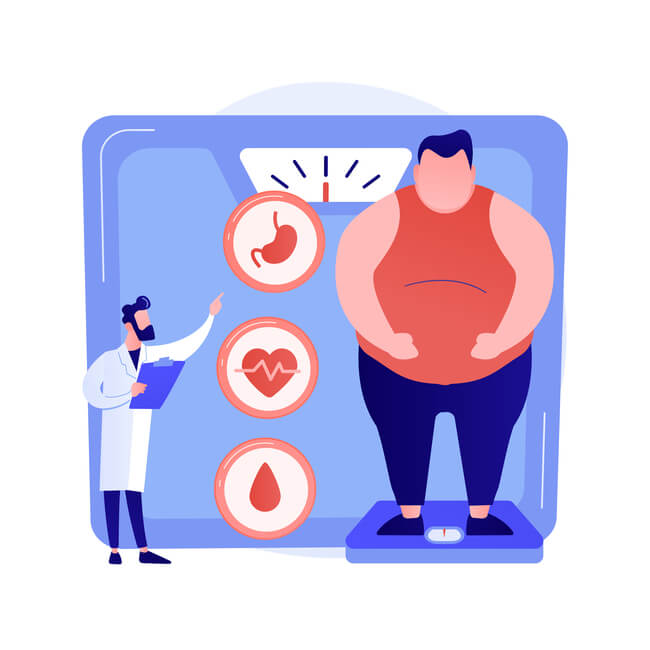High blood pressure, once considered a health concern primarily associated with aging, is increasingly affecting young adults in the modern era. This shift can be attributed to a complex interplay of lifestyle choices, genetic predispositions, and environmental factors. Recognizing the specific causes contributing to hypertension in the younger demographic is essential for early detection, prevention, and effective management.
10 Common Causes of High Blood Pressure in Young Adults:
In this article, we explore ten common factors that can lead to high blood pressure in young adults, shedding light on the intricacies of each and emphasizing the significance of proactive health measures.
1. Sedentary Lifestyle:

The prevalence of sedentary behavior in the digital age is a significant contributor to high blood pressure among young adults. Prolonged periods of sitting, coupled with a lack of regular physical activity, can lead to weight gain, compromised cardiovascular health, and an increased risk of hypertension.
2. Unhealthy Dietary Habits:

The modern diet, often characterized by excessive consumption of processed foods high in sodium, saturated fats, and refined sugars, plays a pivotal role in the rising rates of hypertension among young adults. Poor dietary choices contribute to weight gain, elevated cholesterol levels, and compromised blood vessel function.
3. Chronic Stress:

Young adults frequently contend with various stressors, including academic pressures, work-related stress, and personal challenges. Chronic stress triggers the release of stress hormones, leading to increased heart rate and blood vessel constriction, ultimately contributing to elevated blood pressure.
4. Genetic Predisposition:

Family history plays a crucial role in determining an individual’s susceptibility to high blood pressure. If there is a familial pattern of hypertension, young adults may inherit genetic factors that predispose them to this condition, underscoring the importance of awareness and regular health screenings.
5. Obesity and Elevated BMI:

The prevalence of obesity among young adults has risen significantly, amplifying the risk of hypertension. Excess body weight places additional strain on the heart, disrupts hormonal balance, and often leads to insulin resistance, all of which contribute to high blood pressure.
6. Excessive Alcohol Consumption:

Engaging in heavy or binge drinking is associated with increased blood pressure levels. The impact of alcohol on hypertension is multifaceted, involving both acute and chronic effects on the cardiovascular system.
7. Tobacco and Nicotine Use:

Smoking and the use of nicotine products can constrict blood vessels, elevate heart rate, and contribute to the development of hypertension. The harmful effects of tobacco extend beyond the respiratory system, affecting overall cardiovascular health.
8. Sleep Apnea:

Sleep disorders, particularly obstructive sleep apnea, are increasingly recognized as contributors to high blood pressure. Disrupted sleep patterns and inadequate oxygen intake during sleep can lead to sustained increases in blood pressure.
9. Birth Control Pills:
For some young women, hormonal contraceptives, such as birth control pills, can contribute to elevated blood pressure. Monitoring blood pressure regularly is crucial for those using hormonal contraceptives.
10. Lack of Regular Health Check-ups:

Ignoring routine health check-ups and screenings can result in undiagnosed and untreated health conditions, including hypertension. Regular monitoring allows for early intervention and effective management.
What Causes High Blood Pressure?
Conclusion:
High blood pressure in young adults is a multifaceted health concern influenced by a myriad of factors. Recognizing and understanding these common causes is the first step towards implementing preventative measures and promoting a heart-healthy lifestyle. By addressing sedentary behaviors, adopting a balanced diet, managing stress, and being mindful of genetic predispositions, young adults can proactively safeguard their cardiovascular health and mitigate the risk of hypertension in the years to come.










